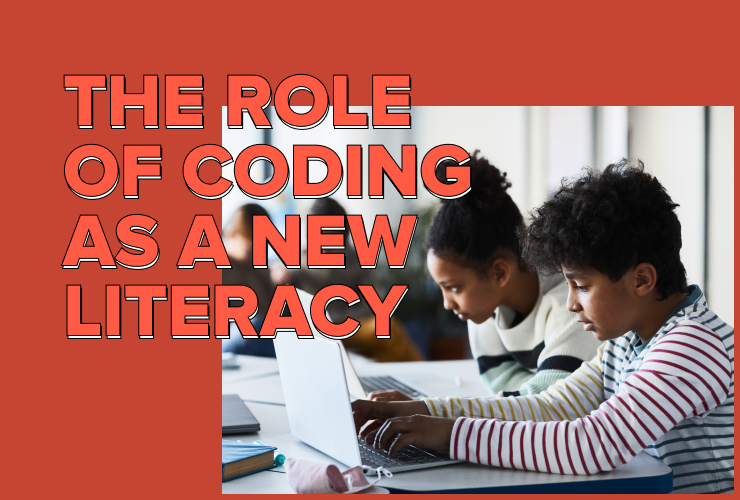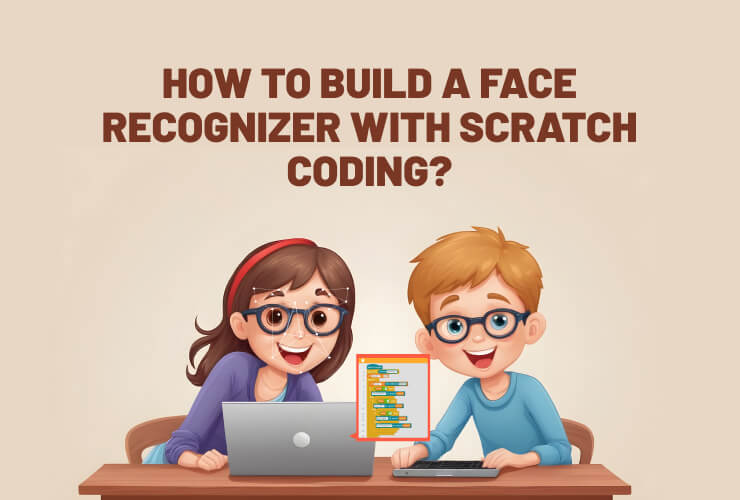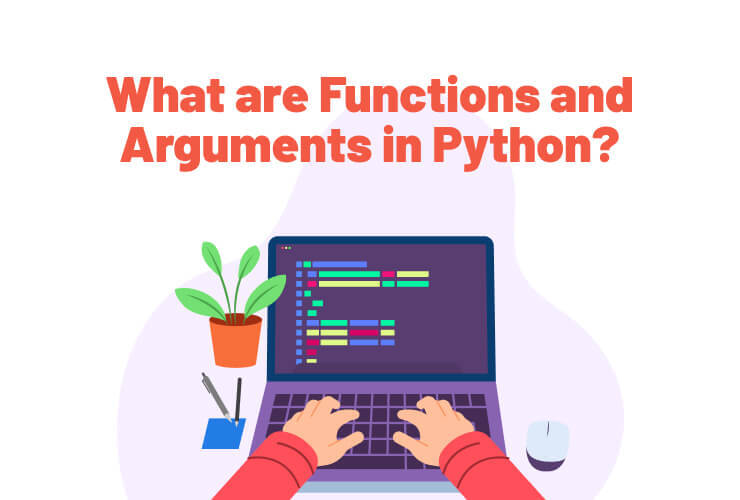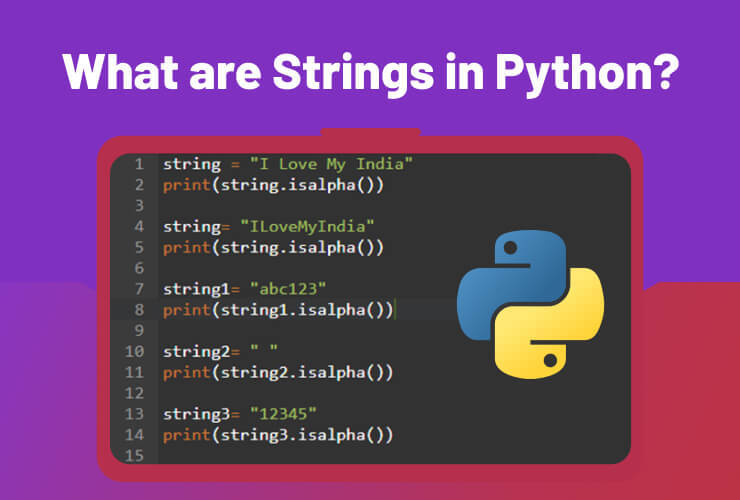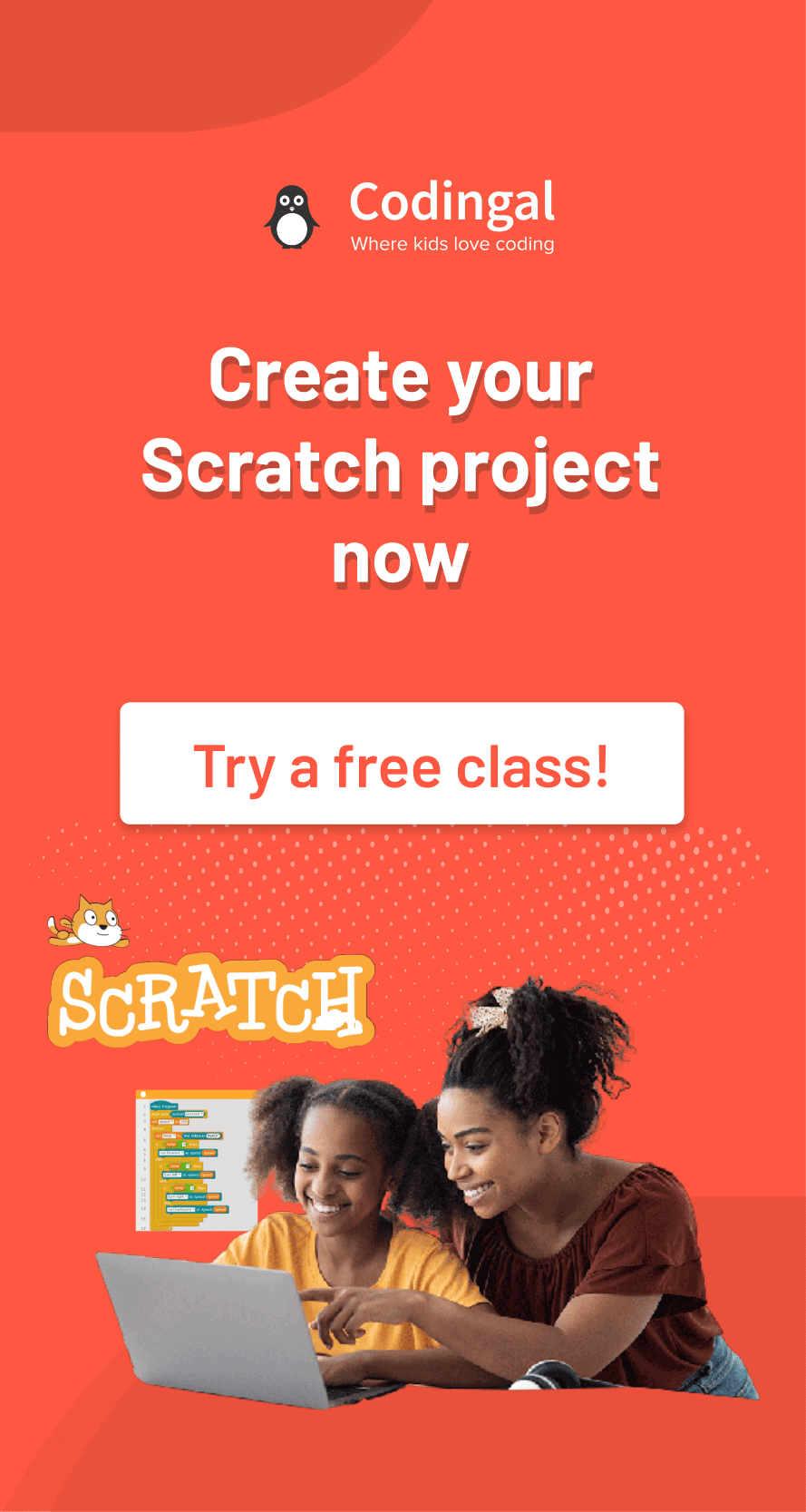Table of Contents
Introduction: Understanding Coding as a Language Empowering the Future Workforce Coding in Education: Beyond the Computer Lab Coding as a Gateway to Innovation Coding and Problem-Solving The Broader Implications of Coding Literacy ConclusionIntroduction:
In the rapidly evolving landscape of the 21st century, where technological advancements are the norm and digital interfaces shape our daily interactions, a new form of literacy has emerged: coding. Once confined to the realm of computer science, coding is now breaking barriers and becoming a crucial skill for individuals across various disciplines. This blog aims to unravel the significance of coding as a new literacy, exploring its impact on education, the workforce, and its role in shaping the future.
Understanding Coding as a Language
Just as language is a tool for communication, coding is a language used to communicate with computers. However, its importance goes beyond merely instructing machines. Coding serves as a means to express creativity, solve complex problems, and bring innovative ideas to life. In a world where technology permeates every aspect of our lives, understanding this language becomes akin to acquiring a new form of literacy.
Empowering the Future Workforce
The job market is undergoing a profound transformation, with an increasing demand for individuals proficient in coding and other digital skills. Employers across industries now recognize coding literacy as a valuable asset, not just for IT professionals but for a diverse range of roles. From healthcare to finance, coding empowers professionals to harness the power of technology, making them more adaptable in the face of constant change.
Coding in Education: Beyond the Computer Lab
Traditionally, coding was confined to computer science classes, and only a select few pursued it as a career path. However, recognizing the pivotal role of coding in the digital age, educational institutions are integrating coding into their curricula at earlier stages. The goal is not to produce a generation of professional programmers but to equip students with a fundamental understanding of how the digital world operates.
Coding fosters critical thinking, problem-solving, and creativity – skills that are invaluable in any field. Learning to code is not just about mastering a programming language; it’s about developing a mindset that enables individuals to approach challenges systematically and find innovative solutions.
Coding as a Gateway to Innovation
Innovation is the lifeblood of progress, and coding is a gateway to unleashing creativity and innovation. Through coding, individuals can bring their ideas to fruition, whether it’s developing a mobile app, designing a website, or creating software solutions. The ability to code provides individuals with the autonomy to turn their visions into reality, fostering a culture of innovation that transcends traditional boundaries.
Coding and Problem-Solving
At its core, coding is a form of problem-solving. Whether it’s debugging a program, optimizing code for efficiency, or developing algorithms, coders are constantly engaged in solving problems. This problem-solving mindset extends beyond the realm of computers and permeates other aspects of life. Those who learn to code develop resilience and persistence in the face of challenges, skills that are invaluable in navigating the complexities of the modern world.
The Broader Implications of Coding Literacy
As coding literacy becomes more widespread, it brings about a democratization of technology. Individuals from diverse backgrounds and fields can actively participate in shaping the digital landscape. This not only promotes inclusivity but also ensures that the benefits of technology reach a wider audience.
Moreover, coding literacy fosters a deeper understanding of the ethical implications of technology. As individuals become more aware of how code shapes our digital experiences, they are better equipped to engage in discussions about privacy, security, and the responsible use of technology.
Conclusion:
Coding is not just a skill; it’s a new form of literacy that empowers individuals to navigate and shape our technology-driven world. The integration of coding into education, the demand for coding skills in the workforce, and its role in fostering innovation all point to its transformative impact.
As we move forward in the digital age, embracing coding as a new literacy is essential for personal and professional development. It’s not just about learning to code; it’s about embracing a mindset that opens doors to endless possibilities in an increasingly interconnected and technologically driven world. Coding is the language of the future, and those who speak it fluently will undoubtedly have a competitive edge in the evolving landscape of the 21st century.
